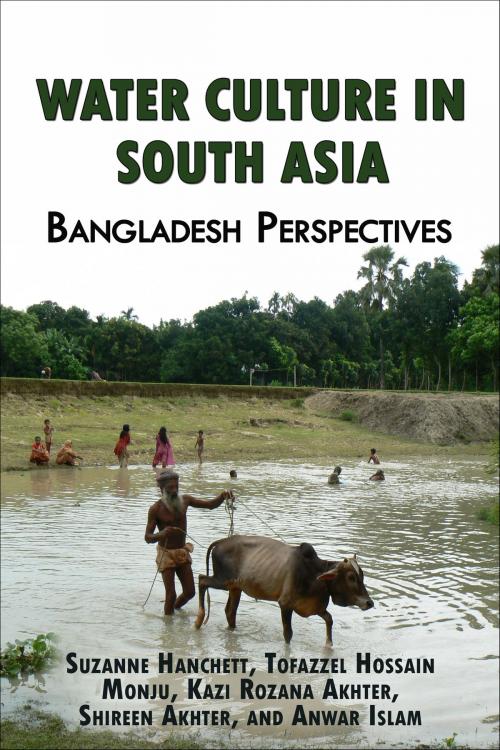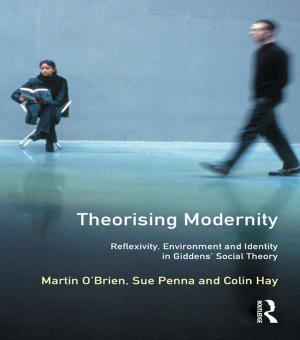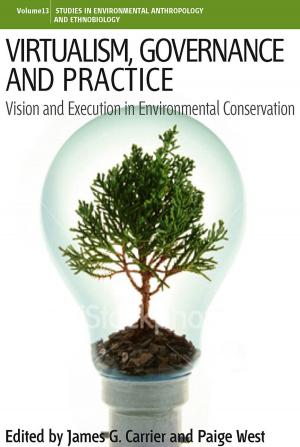Water Culture in South Asia: Bangladesh Perspectives
Nonfiction, Science & Nature, Science, Other Sciences, Applied Sciences, Social & Cultural Studies, Social Science, Anthropology| Author: | Development Resources Press | ISBN: | 9780990633730 |
| Publisher: | Development Resources Press | Publication: | October 1, 2014 |
| Imprint: | Smashwords Edition | Language: | English |
| Author: | Development Resources Press |
| ISBN: | 9780990633730 |
| Publisher: | Development Resources Press |
| Publication: | October 1, 2014 |
| Imprint: | Smashwords Edition |
| Language: | English |
“Water is life” in Bangladesh. Based on five researchers’ long-term involvement with water development programs in eight districts, this book introduces the reader to the vast range of meanings that water has in this South Asian country, where village women struggle daily for access to safe supplies. Mythology, ancient sciences, folklore, and language provide a rich cultural foundation sustaining villagers’ water-related beliefs and practices. Large parts of the region face the daunting challenge of arsenic in the water supply. Reactions to this serious problem are explored through case studies and insights based on the authors’ many years of field experience.
This book will help to sensitize scientifically oriented development workers to the ways that that cultural frameworks influence people’s understandings and uses of new ideas and technologies. Focusing on WASH (water, sanitation, and hygiene) strategies, domestic supply issues, and perceptions of water's qualities and powers, the authors aim to throw light on new ways to engage with the social and cultural context of a development project. There is an extensive bibliography and a detailed index. The book is richly illustrated with numerous color photographs.
“Water is life” in Bangladesh. Based on five researchers’ long-term involvement with water development programs in eight districts, this book introduces the reader to the vast range of meanings that water has in this South Asian country, where village women struggle daily for access to safe supplies. Mythology, ancient sciences, folklore, and language provide a rich cultural foundation sustaining villagers’ water-related beliefs and practices. Large parts of the region face the daunting challenge of arsenic in the water supply. Reactions to this serious problem are explored through case studies and insights based on the authors’ many years of field experience.
This book will help to sensitize scientifically oriented development workers to the ways that that cultural frameworks influence people’s understandings and uses of new ideas and technologies. Focusing on WASH (water, sanitation, and hygiene) strategies, domestic supply issues, and perceptions of water's qualities and powers, the authors aim to throw light on new ways to engage with the social and cultural context of a development project. There is an extensive bibliography and a detailed index. The book is richly illustrated with numerous color photographs.















